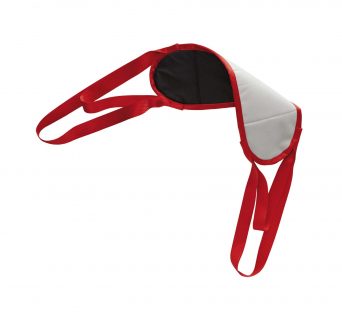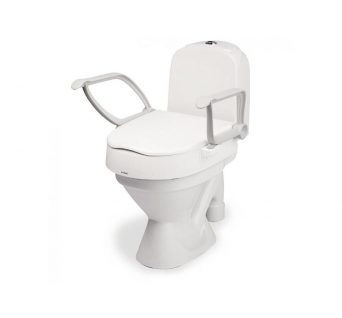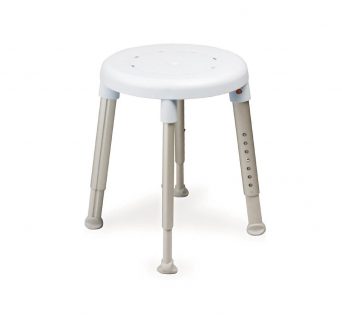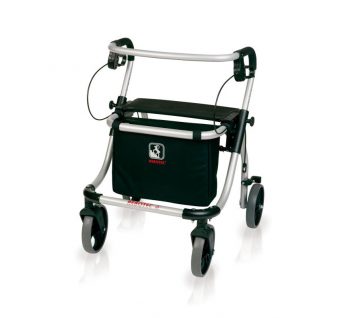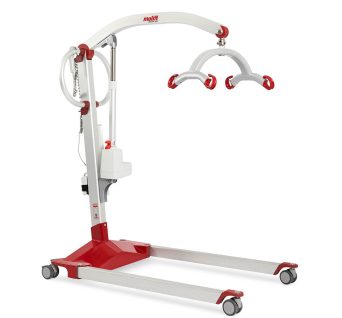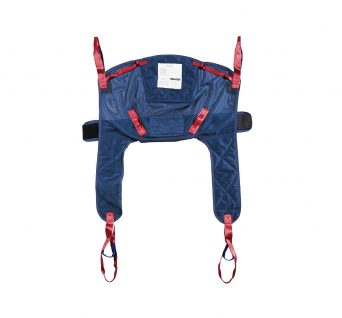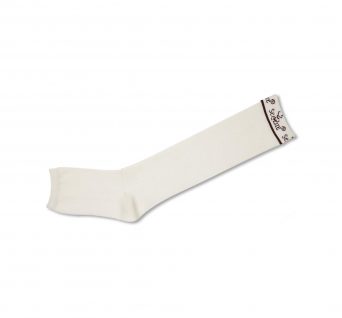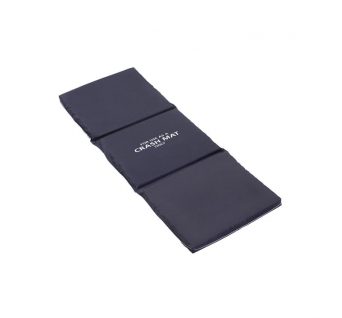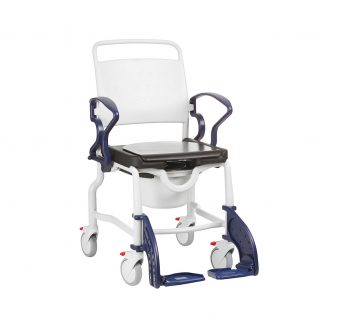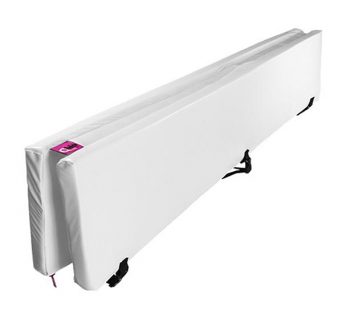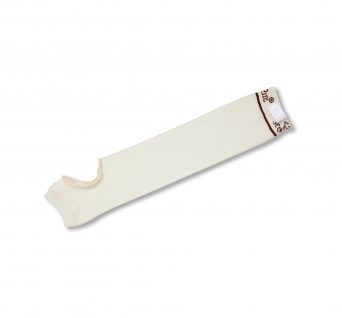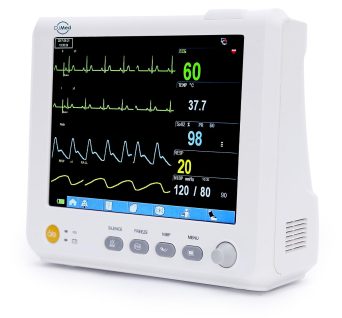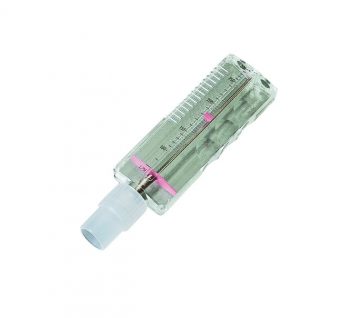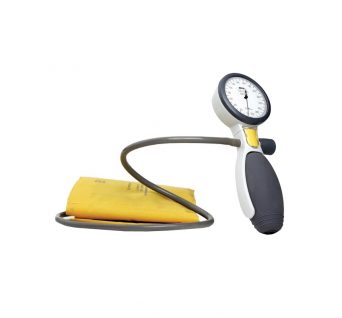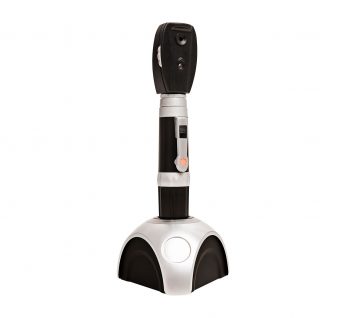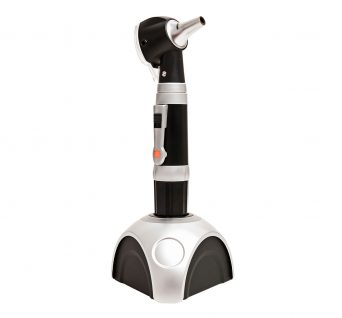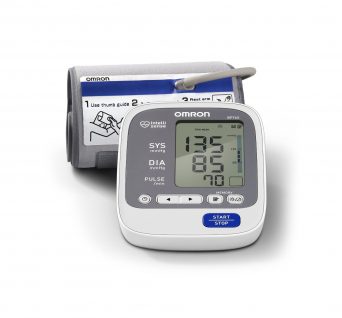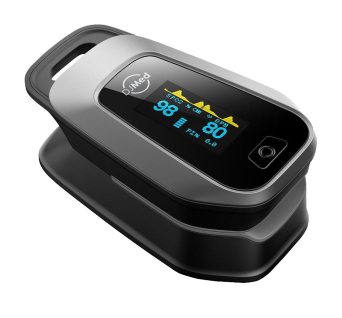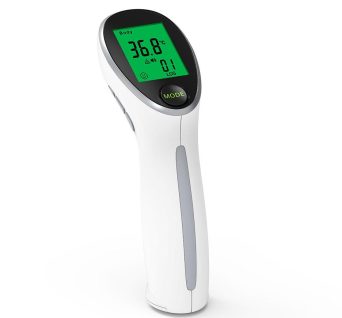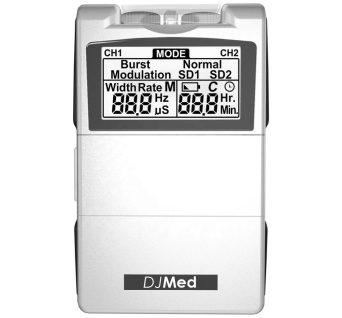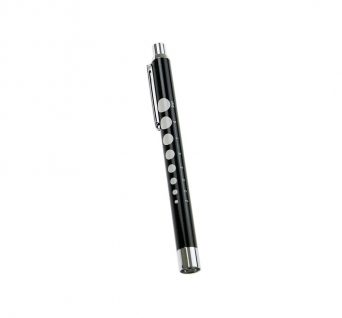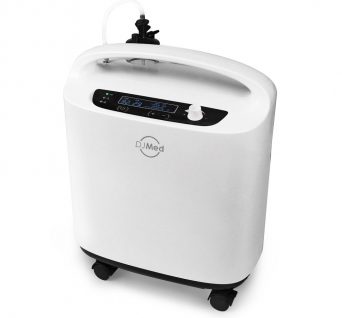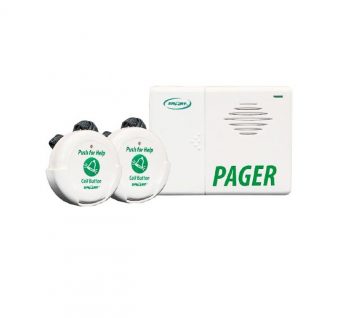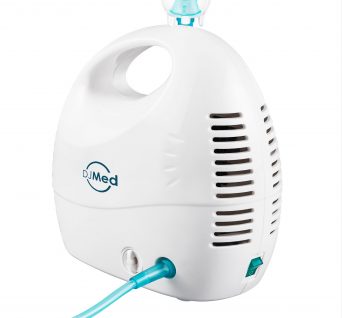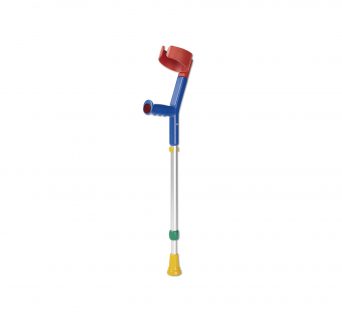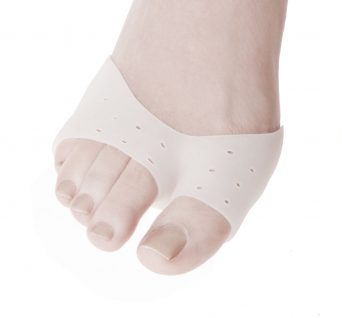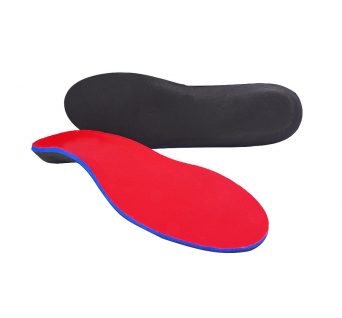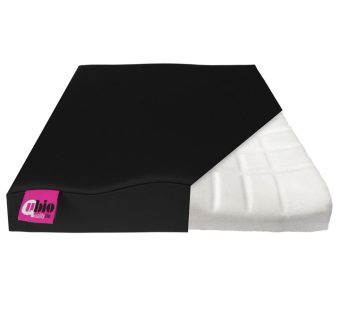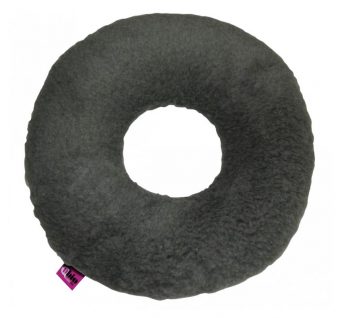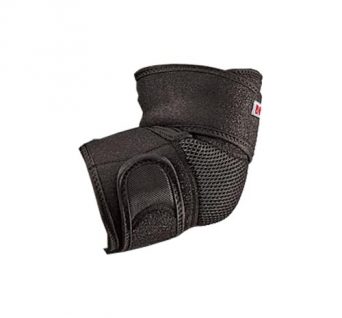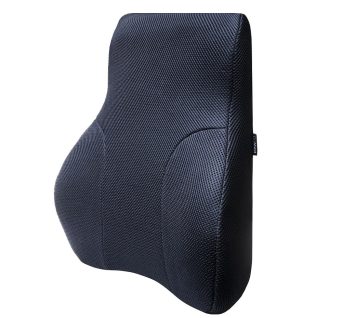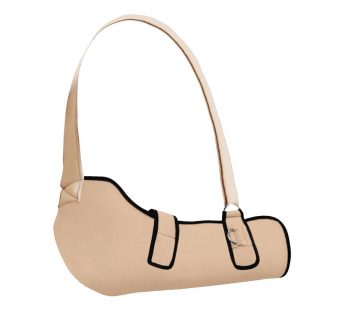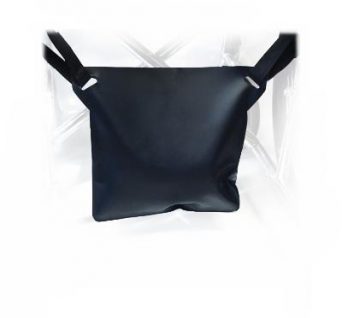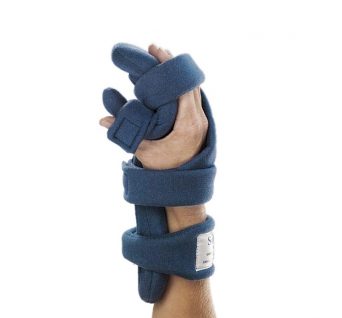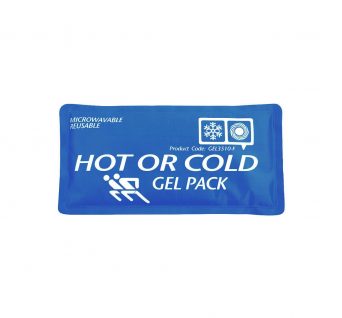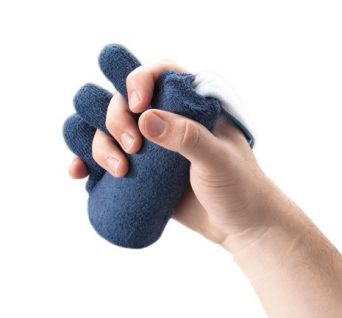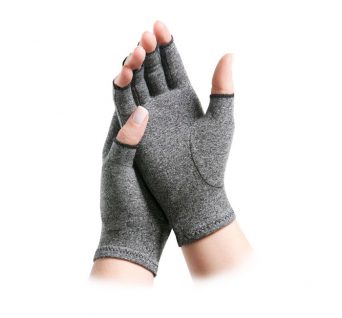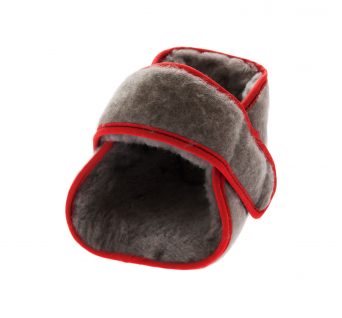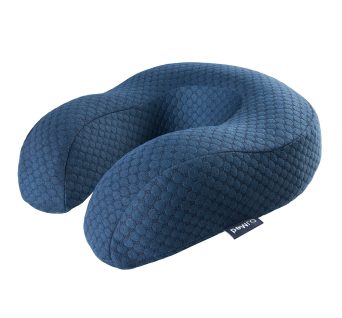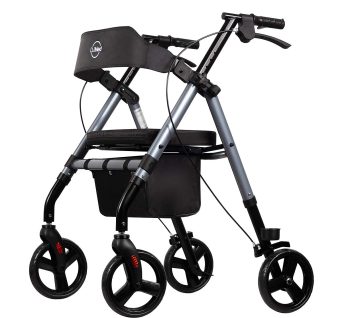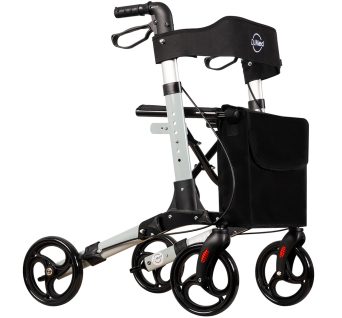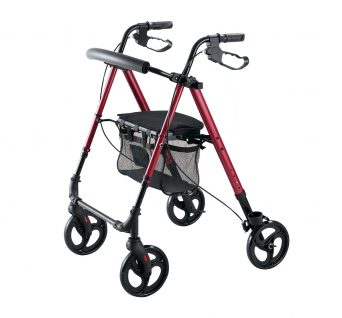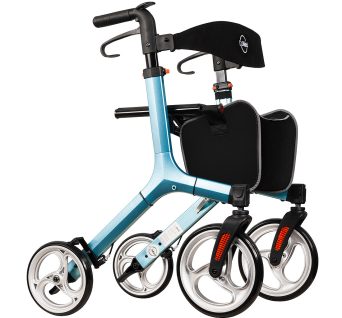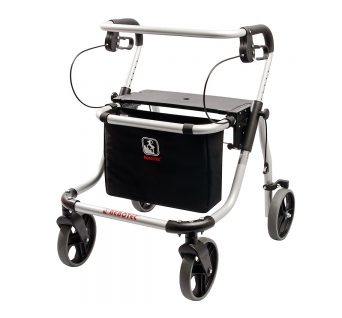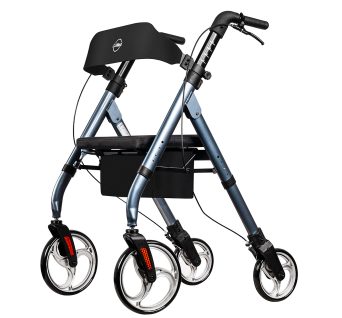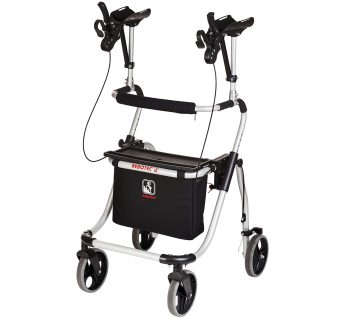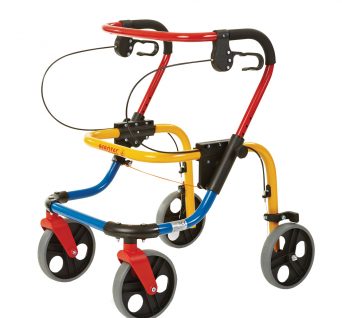No products in the cart.
Rollators & Walkers
Showing all 8 resultsSorted by popularity
- Rollators & Walkers
Classic Rollator, Mobility Walker
It’s like having a strong, steady friend by your side. With its sturdy frame and comfy handles, you can take on your day with confidence.
This nifty walker is perfect for folks like you who want to keep moving but need a little extra support. It’s sturdy, comfy, and oh-so-easy to use. Here’s why you’ll love it:
- Smooth-rolling wheels that glide over bumps and cracks
- Comfy padded seat for when you need a quick breather
- Handy storage pouch for your essentials (or grandkid’s snacks!)
- Easy-to-use hand brakes for safety on slopes
- Folds up in a jiffy for trips or storage
Whether you’re heading to the grocery store, taking a stroll in the park, or visiting the grandkids, this walker’s got your back. It’s like having a dependable friend by your side, always ready to lend a hand.
Don’t let anything slow you down – grab your Classic Rollator today and keep on rolling!
SKU: n/a - Rollators & Walkers
Euro Walker, 4 Wheeled Rollator Walker
Aluminium rollator walker, easy fold for car boot and storage, with bag and flex seat.
When you need a walker that can do it all, look no further than this versatile euro walker, 4 wheeled rollator walker. The easy-fold design makes it super easy to store and transport, while the cross-brace provides added stability for those really tough terrains.
It is also incredibly lightweight and durable, thanks to its high-quality construction. The push button handle height adjustment makes navigating indoors and outdoors easier than ever before.
SKU: n/a - Rollators & Walkers
Lightweight Classic Rollator Walker
Light weight yet very sturdy folding rollator walker with large diameter wheels.
Experience newfound freedom with our lightweight rollator. Designed for comfort and convenience, this innovative walker offers you the support you need while maintaining your active lifestyle. Move effortlessly through your day, whether it’s a leisurely stroll in the park or a trip to the store.
The lightweight yet sturdy frame ensures easy manoeuvrability, while the ergonomic handles and padded seat provide comfort during breaks. With its foldable design, storage and transport are a breeze.
SKU: 20119 - Rollators & Walkers
Prestige Euro Walker – Rollator Mobility Walker
Four wheeled mobility walker with superior walking ergonomics, outstanding maneuverability and an exceptional design.
Large 10″ wheels for stability. Wide comfort seat. Hidden break cable run through the body of the rollator. Compact design.
Order now for a FREE delivery!
SKU: n/a - Rollators & Walkers
Rebotec Polo Plus-T – Euro Rollator Walker
Aluminium rollator with bag, dual action brake, foldable, includes a bag with puncture-proof tires. Made in Germany.
High stability rollator walker with locking breaks, a solid seat for safety and stability and on the spot turning circle agility.
SKU: n/a - Rollators & Walkers
Tall & Strong Rollator, Heavy Duty Bariatric Mobility Walker
The Tall & Strong Rollator is a heavy-duty mobility walker designed for taller and stronger individuals
Will support up to 180kg, making it a reliable choice for those who need extra stability and weight capacity. The wider seat and backrest provide ample support and comfort, ergonomic-style handles allow for a secure and ergonomic grip.
Discover unparalleled support and stability with the Tall & Strong Rollator, designed to meet the needs of those requiring extra strength and durability. Crafted with precision and care, this bariatric mobility walker offers a perfect blend of functionality, safety, and style.
The Tall & Strong Rollator is more than just a mobility aid; it’s a testament to quality and user-centric design. By prioritizing comfort, safety, and practicality, this bariatric walker is the perfect companion for those seeking both independence and support.
Don’t let mobility challenges hold you back. Experience the freedom and confidence that comes with the Tall & Strong Rollator. Order yours today and take the first step towards enhanced mobility and comfort.
Experience the difference with the Tall & Strong Rollator. Click the “Add to Cart” button to get started and enjoy improved mobility with every step you take!
Order now for a FREE delivery!
SKU: n/a - Rollators & Walkers
Rebotec Polo YANO – Forearm Platform Walker
Ideal rollator walker for those with limited hand, arm and wrist strength.
Height, angle and depth adjustable forearm supports achieve optimal center of gravity for improved balance and weight redistribution. 3 handle types are included to the right support.
SKU: n/a
Rollators, Four Wheeled Walkers
Rollators and four-wheeled walkers are mobility devices designed to assist individuals with limited mobility, making it easier for them to move around and maintain their independence. They are especially useful for people who may have difficulty walking long distances or maintaining their balance. While both rollators and four-wheeled walkers serve a similar purpose, they have some differences in design and functionality.
Rollators:
Rollators are mobility devices that typically consist of a frame with four wheels, handlebars, a seat, and a storage pouch or basket. They offer a combination of support, stability, and convenience for individuals who need assistance with walking. Here are some key features of rollators:
Four Wheels: Rollators come equipped with four swivel wheels, allowing for easier maneuverability. The wheels are typically larger and designed to handle a variety of terrains, including indoor and outdoor surfaces.
Handlebars: Rollators have handlebars that provide support and stability while walking. The user can grip the handlebars to guide the rollator’s movement.
Seat: Many rollators come with a built-in seat that allows the user to take a rest whenever needed. This can be especially helpful for individuals who tire easily or have difficulty standing for extended periods.
Brakes: Rollators are equipped with hand-operated brakes that allow the user to control their speed and come to a stop. The brakes can also be engaged to provide stability when sitting down or standing up from the built-in seat.
Storage: Rollators often have a storage pouch or basket attached to the frame, providing a convenient place to carry personal belongings, groceries, or other items.
Foldable: Many rollators are designed to be foldable, making them easier to transport and store when not in use.
Four-Wheeled Walkers:
Four-wheeled walkers, also known as rollator walkers or wheeled walkers, share some similarities with rollators but have a simpler design. They are designed to provide stability and assistance while walking. Here are some key features of four-wheeled walkers:
Four Wheels: Like rollators, four-wheeled walkers have four wheels that allow for smoother movement. The wheels are often smaller compared to rollator wheels.
Handlebars: Four-wheeled walkers also have handlebars that users can grip for stability and support.
Brakes: Some four-wheeled walkers feature hand-operated brakes that allow users to control their speed and stop as needed.
Minimal Accessories: Four-wheeled walkers typically have fewer accessories and features compared to rollators. They may not have a built-in seat or storage options.
Lightweight: Four-wheeled walkers are often lighter and more compact compared to rollators, making them easier to transport and store.
In summary, both rollators and four-wheeled walkers provide assistance for individuals with limited mobility. The choice between them depends on the user’s specific needs and preferences. If features like a built-in seat, storage, and larger wheels are important, a rollator might be a better choice. On the other hand, if a simpler and more lightweight design is desired, a four-wheeled walker could be a suitable option. It’s recommended to consult with a healthcare professional or mobility specialist to determine which option best suits your needs.
How to select a rollator walker?
Selecting the right rollator walker involves considering your specific needs, comfort, and mobility requirements. Here’s a step-by-step guide to help you choose the most suitable rollator walker:
Assess Your Needs:
- Determine why you need a rollator walker. Do you need it for balance support, assistance with walking, outdoor use, or indoor use?
Consult a Healthcare Professional:
- Before purchasing a rollator walker, consult with your healthcare provider or physical therapist. They can offer recommendations based on your medical condition, mobility limitations, and specific needs.
Consider Your Environment:
- Think about where you will primarily use the rollator walker. If you’ll be using it indoors, consider the width of doorways, hallways, and maneuverability around furniture. If you’ll be using it outdoors, choose a model with larger wheels for better stability on uneven surfaces.
Wheel Size:
- Rollator walkers come with various wheel sizes. Larger wheels are better for outdoor use and uneven terrain, while smaller wheels are more suitable for indoor use.
Handlebar Height Adjustment:
- Look for a rollator with adjustable handlebar height. The handlebars should be at a comfortable height that allows you to maintain proper posture while walking.
Weight Capacity:
- Check the rollator’s weight capacity to ensure it can support your weight comfortably. Choose a model that has a weight capacity greater than your own weight.
Brakes:
- Check the brake mechanism. Many rollators have hand-operated brakes that allow you to control your speed and come to a stop. Make sure the brake handles are easy for you to grip and operate.
Seat and Backrest:
- If you need a seat, choose a rollator with a comfortable and appropriately sized seat. Ensure the backrest provides adequate support. This feature is particularly useful if you need to rest during walks.
Folding and Portability:
- Consider how easily the rollator can be folded and transported. If you plan to travel frequently or have limited storage space, a foldable model is essential.
Accessories:
- Some rollators come with accessories such as storage pouches, baskets, cup holders, and trays. Choose accessories that match your needs and make your daily activities more convenient.
Remember that selecting a rollator walker is a personal decision based on your unique needs and preferences. Taking the time to research, try out different models, and seek professional guidance can help you make an informed choice that enhances your mobility and quality of life.
Is a four wheel walker and a rollator walker the same?
A four-wheel walker and a rollator walker are often used interchangeably to refer to mobility devices with four wheels that assist individuals with limited mobility. While both terms are related and describe similar types of devices, there can be some differences in how they are designed and the features they offer.
Four-Wheel Walker:
A four-wheel walker typically refers to a basic mobility device with four wheels that provide support and assistance while walking. These walkers often have a simple frame with four legs, each equipped with a wheel. Some four-wheel walkers may have two front wheels and two rear legs with rubber tips, which can provide stability when the user leans on the walker.
Rollator Walker:
A rollator walker is a more advanced and feature-rich version of a four-wheel walker. Rollators also have four wheels, but they come with additional components that enhance their functionality and comfort. Key features of rollator walkers often include:
Handlebars: Rollators have handlebars that provide a comfortable grip for users to steer and control their movement.
Brakes: Rollator walkers usually feature hand-operated brakes that allow users to control their speed and come to a stop. These brakes provide added safety, especially when going downhill or on uneven terrain.
Seat: Many rollators have a built-in seat that allows users to sit down and rest whenever needed. This is a valuable feature for individuals who tire easily.
Backrest: Some rollators come with a backrest attached to the seat, providing additional support and comfort when sitting.
Storage: Rollators often have storage options such as a pouch, basket, or compartment for carrying personal items, groceries, or essentials.
Foldability: Many rollators are designed to be foldable, making them easier to transport and store.
Wheels: Rollators often have larger wheels than basic four-wheel walkers, which allows for better maneuverability and stability on various surfaces, including outdoor terrain.
In summary, a four-wheel walker generally refers to a basic mobility device with four wheels for walking support. A rollator walker is a more advanced version of a four-wheel walker, featuring additional features like handlebars, brakes, a seat, storage, and often larger wheels for enhanced comfort, safety, and convenience. While the terms are sometimes used interchangeably, it’s important to consider the specific features you need when choosing between a basic four-wheel walker and a rollator walker.
Are bigger wheels better on a rollator?
Bigger wheels on a rollator can offer several advantages, particularly when it comes to maneuverability, stability, and usability on various types of terrain. However, the choice of wheel size depends on your specific needs, the environments you’ll be using the rollator in, and your personal comfort preferences. Here are some factors to consider when deciding whether bigger wheels are better for your rollator:
Advantages of Bigger Wheels:
Maneuverability: Rollators with larger wheels tend to offer better maneuverability. They can navigate over small obstacles, curbs, and uneven surfaces more easily.
Stability on Uneven Terrain: Bigger wheels can provide enhanced stability on outdoor terrain, such as gravel paths, grass, or rough sidewalks.
Smooth Ride: Larger wheels can absorb shocks and bumps better, resulting in a smoother and more comfortable ride.
Easier Navigation: Bigger wheels require less effort to push the rollator, especially on surfaces where resistance is higher.
Outdoor Use: If you plan to use your rollator outdoors frequently, larger wheels can make the experience more comfortable and enjoyable.
Considerations:
Indoor Use: If you primarily plan to use your rollator indoors or in tight spaces, bigger wheels might make maneuvering challenging. Smaller wheels might be more suitable in such cases.
Storage and Transport: Larger wheels can affect the overall size of the rollator when folded or stored. If you have limited storage space or need to transport the rollator frequently, consider the dimensions of the folded rollator.
Weight: Larger wheels can add weight to the rollator, which might impact your ability to lift and manage the device.
User Comfort: Ultimately, the most important factor is your comfort while using the rollator. Test different wheel sizes and models to find the one that feels the most comfortable and stable for you.
Wheel Size Options:
Rollators typically come with different wheel size options, ranging from smaller (around 6 inches) to larger (around 8 inches or more). Some models even offer adjustable wheel sizes. Before making a decision, consider trying out different rollator models with various wheel sizes to determine which one meets your needs and preferences best.
In conclusion, while bigger wheels can offer advantages in terms of maneuverability, stability, and outdoor use, it’s essential to consider your specific usage scenarios, storage limitations, and comfort level when selecting the wheel size for your rollator. It’s recommended to consult with healthcare professionals or mobility specialists to find the most suitable rollator for your needs.
What is a euro walker rollator?
A Euro Walker Rollator is a type of rollator walker that features a design inspired by European styling and functionality. Euro Walker Rollators combine the features of a traditional rollator with a sleek and modern design, often emphasizing aesthetics, comfort, and convenience. These rollators are designed to provide mobility assistance while also offering an appealing and stylish appearance.
Key features and characteristics of a Euro Walker Rollator may include:
Modern Design: Euro Walker Rollators often have a contemporary and stylish design that sets them apart from more traditional rollators.
Lightweight Construction: Many Euro Walker Rollators are constructed using lightweight materials like aluminum or carbon fiber, making them easy to maneuver and transport.
Compact Foldability: These rollators often have a folding mechanism that allows them to be easily folded and stored, making them convenient for travel and storage.
Large Wheels: Some Euro Walker Rollators come equipped with larger wheels, enhancing stability and maneuverability, particularly on uneven terrain.
Ergonomic Handles: The handlebars of Euro Walker Rollators are designed for comfort, with ergonomic shapes and padding to reduce strain on the hands.
Adjustable Height: Many models offer adjustable handlebar heights to accommodate users of different heights and preferences.
Seat and Backrest: Some Euro Walker Rollators have a built-in seat and backrest, allowing users to sit down and rest when needed.
Storage Options: Many Euro Walker Rollators include storage solutions such as pouches, baskets, or compartments for carrying personal items.
Accessories: Some models come with additional accessories like cup holders, trays, or walking stick holders.
Color Variations: Euro Walker Rollators often come in a range of color options, allowing users to choose a rollator that suits their personal style.
It’s important to note that “Euro Walker Rollator” is not a standardized term, and different manufacturers may use it to describe their own variations of rollators with European-inspired designs. When considering a Euro Walker Rollator, it’s advisable to examine the specific features, specifications, and user reviews of the model you’re interested in to ensure it meets your mobility and comfort needs.
As with any mobility aid, it’s recommended to consult with healthcare professionals or mobility specialists before purchasing a rollator to ensure that it’s appropriate for your individual needs and conditions.
How to setup a rollator walker for my height? What height to set the handles to?
Setting up a rollator walker to the correct height for your comfort and safety is essential for proper use and effective mobility assistance. Follow these steps to adjust the height of the handles on your rollator walker:
Clear the Area: Find a clear and open space where you can comfortably work on adjusting the rollator walker.
Consult User Manual: Refer to the user manual that came with your rollator walker. It should contain specific instructions and guidelines for adjusting the handle height.
Adjustment Mechanism: Most rollator walkers have a height adjustment mechanism that allows you to change the height of the handles. This mechanism might consist of buttons, levers, or pins that need to be released before making adjustments.
Initial Height: Start by setting the handles at a height that is approximately at the level of your wrists when your arms are hanging naturally by your sides. This initial setting will provide a baseline for further adjustments.
Stand Upright: Stand upright with your arms hanging naturally by your sides and your shoulders relaxed. Make sure your shoes are on, as the height of your shoes can affect the height of the handles.
Adjustment: Depending on the mechanism, either press the release buttons, adjust the levers, or release the pins to change the handle height. Raise or lower the handles until they are at a comfortable height.
Align Elbows: When gripping the handles, your elbows should be slightly bent at a comfortable angle. Your wrists should be in a neutral position, not overly extended or flexed.
Test Walking: After adjusting the handles, take a few steps with the rollator walker to ensure that the height feels comfortable and provides proper support. Pay attention to your posture and any discomfort.
Brake Access: Ensure that you can easily access and operate the rollator’s brake handles when walking. Adjust the handle height accordingly if necessary.
Secure Handles: Once you’re satisfied with the height adjustment, lock or secure the adjustment mechanism to prevent the handles from accidentally moving.
Check Seat and Storage: If your rollator has a built-in seat or storage options, make sure they are easily accessible and usable at the new handle height.
Reassess Regularly: As your needs or posture change over time, you might need to readjust the handle height periodically to maintain optimal comfort and safety.
Remember that the ideal handle height for your rollator walker might differ from person to person due to individual factors such as height, arm length, and comfort preferences. It’s recommended to consult with a healthcare professional or a mobility specialist if you have any concerns about setting up your rollator walker correctly or if you experience discomfort while using it.
